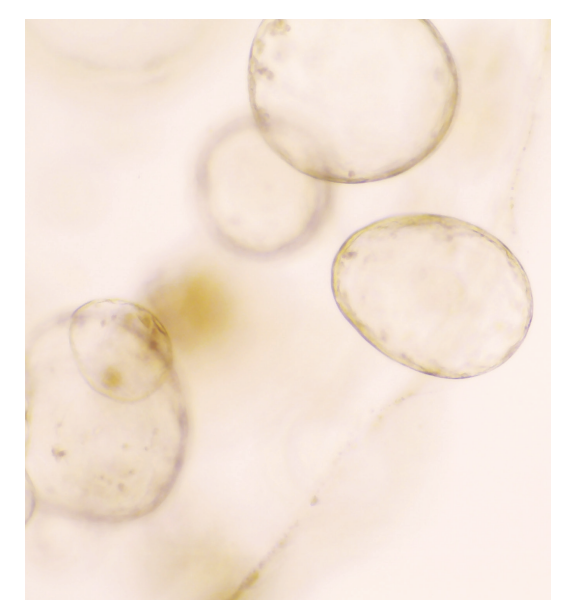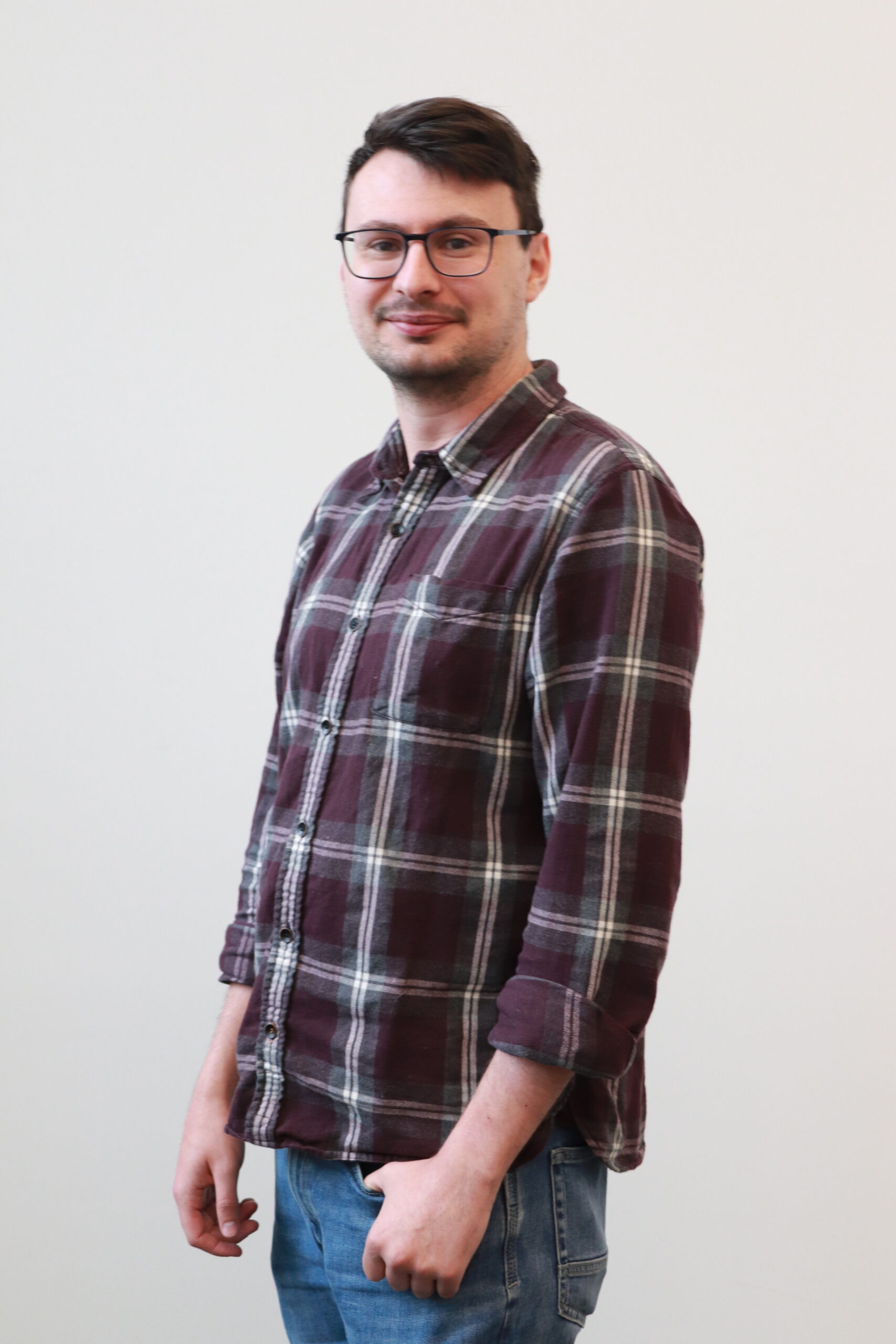Article highlights & insights
Many primary-tumour subregions have low levels of molecular oxygen, termed hypoxia. Hypoxic tumours are at elevated risk for local failure and distant metastasis, but the molecular hallmarks of tumour hypoxia remain poorly defined.
To fill this gap, we quantified hypoxia in 8,006 tumours across 19 tumour types. In ten tumour types, hypoxia was associated with elevated genomic instability. In all 19 tumour types, hypoxic tumours exhibited characteristic driver-mutation signatures. We observed widespread hypoxia-associated dysregulation of microRNAs (miRNAs) across cancers and functionally validated miR-133a-3p as a hypoxia-modulated miRNA. In localised prostate cancer, hypoxia was associated with elevated rates of chromothripsis, allelic loss of PTEN and shorter telomeres. These associations are particularly enriched in polyclonal tumors, representing a constellation of features resembling tumour nimbosus, an aggressive cellular phenotype.
Overall, this work establishes that tumour hypoxia may drive aggressive molecular features across cancers and shape the clinical trajectory of individual tumours.
Many primary-tumour subregions have low levels of molecular oxygen, termed hypoxia. Hypoxic tumours are at elevated risk for local failure and distant metastasis, but the molecular hallmarks of tumour hypoxia remain poorly defined.
To fill this gap, we quantified hypoxia in 8,006 tumours across 19 tumour types. In ten tumour types, hypoxia was associated with elevated genomic instability. In all 19 tumour types, hypoxic tumours exhibited characteristic driver-mutation signatures. We observed widespread hypoxia-associated dysregulation of microRNAs (miRNAs) across cancers and functionally validated miR-133a-3p as a hypoxia-modulated miRNA. In localised prostate cancer, hypoxia was associated with elevated rates of chromothripsis, allelic loss of PTEN and shorter telomeres. These associations are particularly enriched in polyclonal tumors, representing a constellation of features resembling tumour nimbosus, an aggressive cellular phenotype.
Overall, this work establishes that tumour hypoxia may drive aggressive molecular features across cancers and shape the clinical trajectory of individual tumours.
Institute Authors
Groups
Group leader
Research topics & keywords
All publications
https://doi.org/10.1016/j.ccell.2025.04.001
Stromal lipid species dictate melanoma metastasis and tropism
24 April 2025
Institute Authors (5)
Amaya Viros, Duncan Smith, Garry Ashton, Alex Baker, Tim Somervaille
Labs & Facilities
Biological Mass Spectrometry, Histology, Visualisation, Irradiation and Analysis
Research Group
Skin Cancer & Ageing
24 April 2025
https://doi.org/10.1038/s41467-025-58343-y
A human model to deconvolve genotype-phenotype causations in lung squamous cell carcinoma
4 April 2025
Institute Authors (4)
Carlos Lopez-Garcia, Robert Sellers, Sudhakar Sahoo, Caroline Dive
Labs & Facilities
Computational Biology Support
Research Group
Translational Lung Cancer Biology
4 April 2025
https://doi.org/10.1186/s12943-024-02157-x
The PI3K-AKT-mTOR axis persists as a therapeutic dependency in KRASG12D-driven non-small cell lung cancer
12 November 2024
Institute Authors (1)
Amaya Viros
Labs & Facilities
Genome Editing and Mouse Models
Research Group
Skin Cancer & Ageing
12 November 2024
https://doi.org/10.1186/s13045-024-01610-0
The small inhibitor WM-1119 effectively targets KAT6A-rearranged AML, but not KMT2A-rearranged AML, despite shared KAT6 genetic dependency
8 October 2024
Institute Authors (6)
Georges Lacaud, Mathew Sheridan, Michael Lie-a-ling, Liam Clayfield, Jessica Whittle, Jingru Xu
Research Group
Stem Cell Biology
8 October 2024
/wp-content/uploads/2024/11/Annual-Report-2023.pdf
2023 Annual Report
13 September 2024
13 September 2024
https://doi.org/10.1126/science.adh7954
Vitamin D regulates microbiome-dependent cancer immunity
25 April 2024
Institute Authors (3)
Evangelos Giampazolias, Maria Koufaki, Santiago Zelenay
Research Group
Cancer Immunosurveillance
25 April 2024
Our Research
Our research spans the whole spectrum of cancer research from cell biology through to translational and clinical studies
Research Groups
Our research groups study many fundamental questions of cancer biology and treatment
Our Facilities
The Institute has outstanding core facilities that offer cutting edge instruments and tailored services from expert staff
Latest News & Updates
Find out all our latest news






